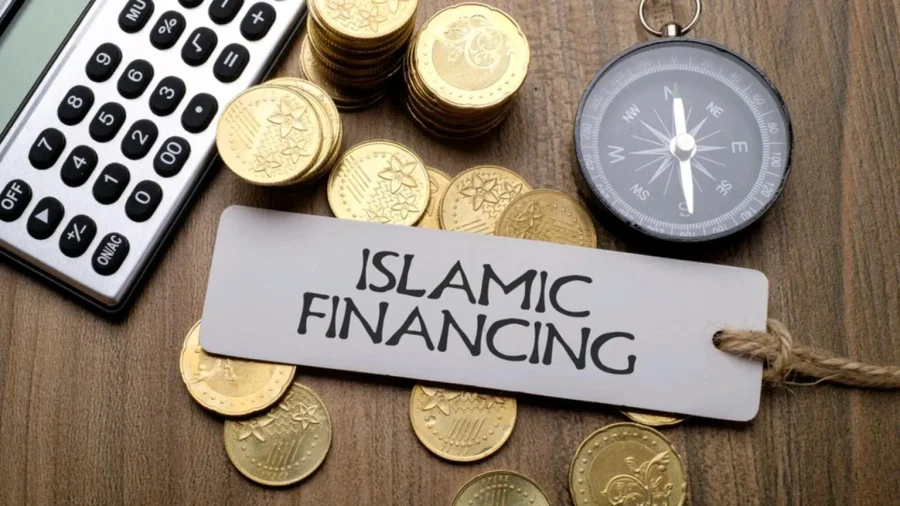The Eurasian Development Bank (EDB), a multilateral institution in Central Asia, has unveiled its plan to issue $500 million worth of sukuk in international markets. This was announced in a statement by the EDB on the sidelines of the International Monetary Fund and World Bank Annual Meetings in Morocco.
The purpose of this issuance is to fund projects in the Central Asian region, with the potential to set a benchmark for other Central Asian countries.
The EDB has compiled a list of potential projects to direct this financing. Their calculations indicate that the size of Islamic financial assets in Central Asia could soar to $10 billion by 2030-35.
In light of this, the bank has established its Islamic division and is expanding collaboration with financial institutions within the Gulf Cooperation Council. Their primary goal is to foster the development of Islamic finance in Central Asia, mainly through affiliations with organizations within the Islamic Development Bank Group.
According to the bank’s statement, the global share of Islamic finance in total assets stood at 1% in 2022 and is experiencing rapid growth. Between 2015 and 2021, the annual average growth rate of Islamic assets worldwide was an impressive 10.5%, surpassing the 5.8% growth rate observed in traditional finance assets.
The EDB member countries in Central Asia, which include Kazakhstan, the Kyrgyz Republic and Tajikistan, are predominantly Muslim nations.
There is a growing demand for Sharia-compliant financing each year. As of the end of 2021, Islamic assets accounted for 0.2% of all banking assets in Kazakhstan, 1.5% in the Kyrgyz Republic, and 1.1% in Tajikistan. Data for Uzbekistan and Turkmenistan is not publicly available.
Kazakhstan stands out as the regional leader in Islamic finance development, largely due to its economy’s size and consistent approach to establishing the Islamic finance sector.
Between 2009 and 2015, Kazakhstan adopted comprehensive legislation that regulates key areas of Islamic financial activity, including banking, the financial market, and insurance, and also issued Islamic bonds.
In contrast, the Islamic financial sector in the Kyrgyz Republic and Tajikistan is evolving within the context of smaller economies, which means it receives less support from the scale effect. Nevertheless, Kyrgyzstan boasts the highest share of Islamic finance in its asset structure at 1.5%, with a substantial network of financial agents operating following Sharia principles. Within this sector, there is significant potential for insurance and leasing instruments to play a crucial role in the structural landscape.
The EDB, an international financial institution, has invested in Eurasia for over 17 years to enhance economic ties and foster development in its member countries. With a charter capital of $7 billion, its portfolio focuses on transport, digital systems, green energy, agriculture, manufacturing, and mechanical engineering projects that align with the United Nations Sustainable Development Goals.—The Astana Times









